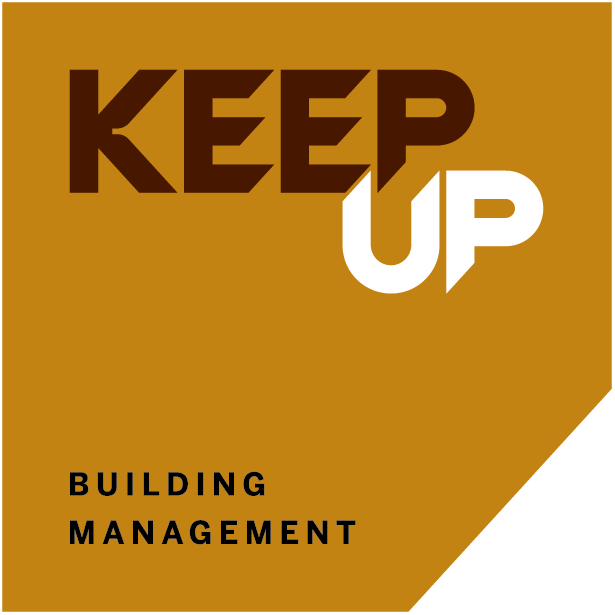Construction projects, whether residential, commercial, or industrial, involve numerous complexities that require expert knowledge, careful planning, and efficient execution. A construction consultant plays a vital role in guiding the entire process, from initial design through to completion. For property owners, developers, and construction companies, hiring a construction consultant can provide numerous advantages. Below are some key benefits of working with a construction consultant.
1. Expert Guidance and Specialized Knowledge
A construction consultant brings specialized expertise in areas such as project management, cost estimation, building regulations, and construction techniques. This knowledge is invaluable when navigating the complexities of a project. Consultants often have years of experience, allowing them to foresee potential issues, offer innovative solutions, and ensure that the project runs smoothly. Whether dealing with complex architectural requirements or strict building codes, a consultant ensures the project adheres to industry standards and best practices.
2. Cost Control and Budget Management
One of the primary roles of a construction consultant is to manage and control costs throughout the project. They assist with creating accurate cost estimates, identifying potential cost overruns, and providing strategies for reducing expenses without compromising quality. By staying on top of expenses, managing subcontractor quotes, and ensuring efficient use of resources, construction consultants can help ensure that the project stays within budget. Their experience also allows them to negotiate competitive pricing with suppliers and contractors.
3. Time Management and Scheduling
Construction projects are often subject to tight deadlines, and any delays can lead to increased costs and missed opportunities. A construction consultant helps to establish realistic timelines and ensures that all tasks are completed on time. They create detailed schedules, coordinate with contractors and suppliers, and monitor the progress of each phase to keep everything on track. If delays do occur, they can quickly address the issue and adjust plans to mitigate further setbacks, helping to ensure the project’s timely completion.
4. Risk Management and Problem-Solving
Construction projects are prone to unforeseen challenges such as site conditions, weather delays, and design changes. A construction consultant can identify potential risks early on and create strategies to minimize or mitigate them. They provide expert advice on dealing with legal, regulatory, or environmental issues and help navigate any complications that arise. With their problem-solving skills and extensive experience, construction consultants can resolve challenges effectively and prevent disruptions to the project’s progress.
5. Quality Assurance
Construction consultants ensure that the work is completed to the highest standards of quality. They perform regular site inspections, monitor the work of contractors, and ensure that materials and labor meet the agreed-upon specifications. If issues arise in terms of quality or workmanship, the consultant steps in to address them before they escalate. This ensures that the final product meets both the expectations of the client and the requirements of relevant building codes and regulations.
6. Compliance with Regulations and Codes
Navigating local, regional, and national building codes, safety regulations, and environmental standards can be challenging. A construction consultant is well-versed in these rules and ensures that the project complies with all legal requirements. This includes securing the necessary permits, adhering to zoning laws, and ensuring safety standards are met. By preventing potential violations, a consultant helps avoid costly fines, delays, or even the need to redo work that doesn’t meet legal standards.
7. Improved Communication and Coordination
Construction projects involve multiple stakeholders, including architects, contractors, suppliers, and regulatory authorities. A construction consultant acts as a central point of communication, facilitating coordination between all parties. They ensure that everyone is on the same page, with clear expectations and timelines. By improving communication, the consultant helps reduce misunderstandings and errors, streamlining the workflow and improving overall project efficiency.
8. Access to a Network of Professionals
Construction consultants often have extensive networks of industry professionals, including architects, engineers, contractors, and suppliers. This network can be invaluable when it comes to hiring the right team for the job or sourcing quality materials at competitive prices. Consultants can recommend trusted professionals who have the necessary expertise and a proven track record of success, ensuring that only qualified individuals are involved in the project.
9. Dispute Resolution
Disputes between contractors, clients, and other stakeholders are not uncommon in the construction industry. A construction consultant can act as an impartial mediator in the event of disagreements, helping to resolve issues before they escalate into costly legal battles. With their knowledge of contracts and construction law, consultants can facilitate negotiation and provide guidance on the most efficient ways to resolve conflicts.
10. Sustainability and Green Building Practices
As sustainability becomes more important in construction, many consultants are equipped with knowledge of green building practices and energy-efficient designs. They can assist property owners in selecting environmentally friendly materials, optimizing energy use, and achieving sustainability certifications like LEED. This not only helps reduce the environmental impact of the project but can also result in long-term cost savings through energy efficiency.
11. Value Engineering
Value engineering is the process of improving the value of a project by optimizing the balance between cost, quality, and performance. A construction consultant brings a fresh perspective to the project and can recommend design or material alternatives that reduce costs while maintaining or even improving the quality and functionality of the building. This ensures the client receives the best value for their investment.
12. Increased Client Confidence
For property owners and developers, having a trusted construction consultant on board instills confidence in investors, tenants, and other stakeholders. It demonstrates that the project is being managed professionally, with careful attention to detail and an experienced team overseeing every aspect. This can lead to better relationships with clients, smoother project delivery, and a stronger reputation in the industry.
Conclusion
Hiring a construction consultant can significantly improve the efficiency, cost-effectiveness, and quality of a construction project. Their expertise in project management, budgeting, risk mitigation, compliance, and coordination ensures that the project is completed on time, within budget, and to the highest standards. For property owners, developers, and construction companies, a consultant provides invaluable support throughout the entire lifecycle of a construction project, helping to achieve optimal outcomes and reduce the risk of costly mistakes.








